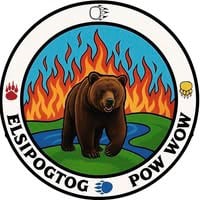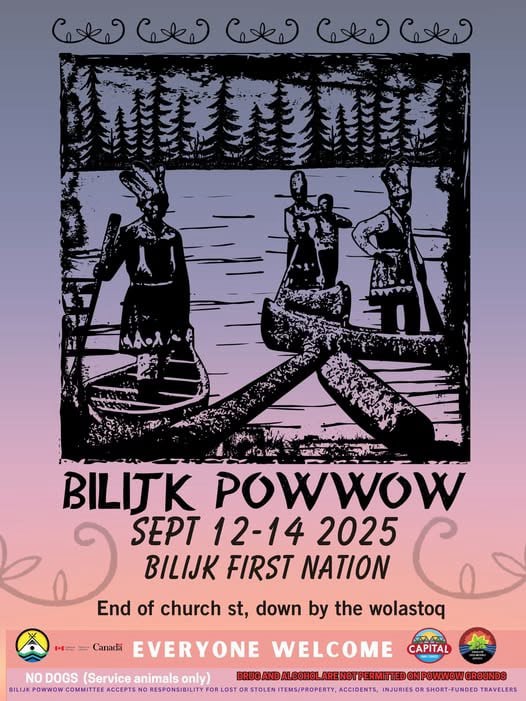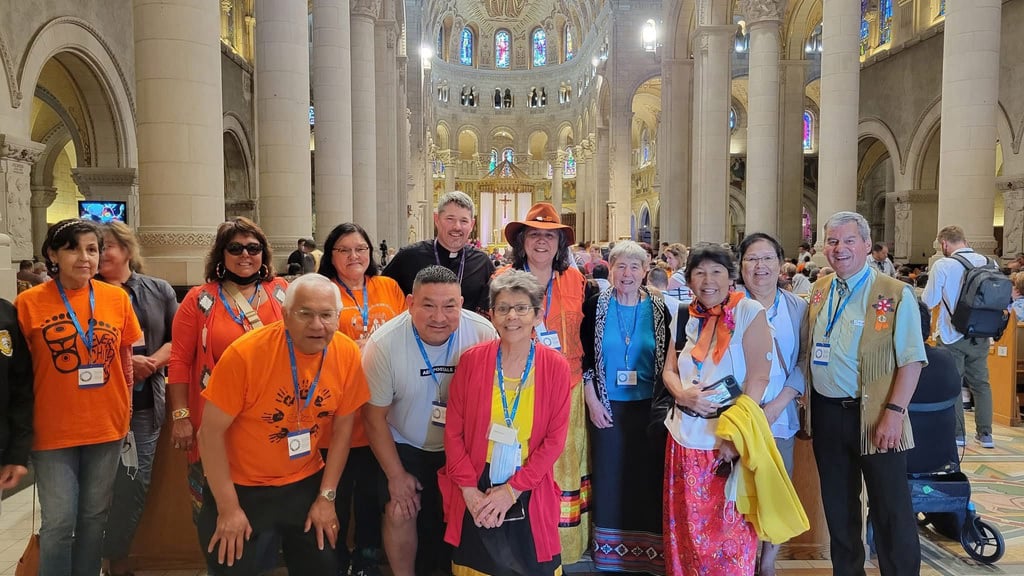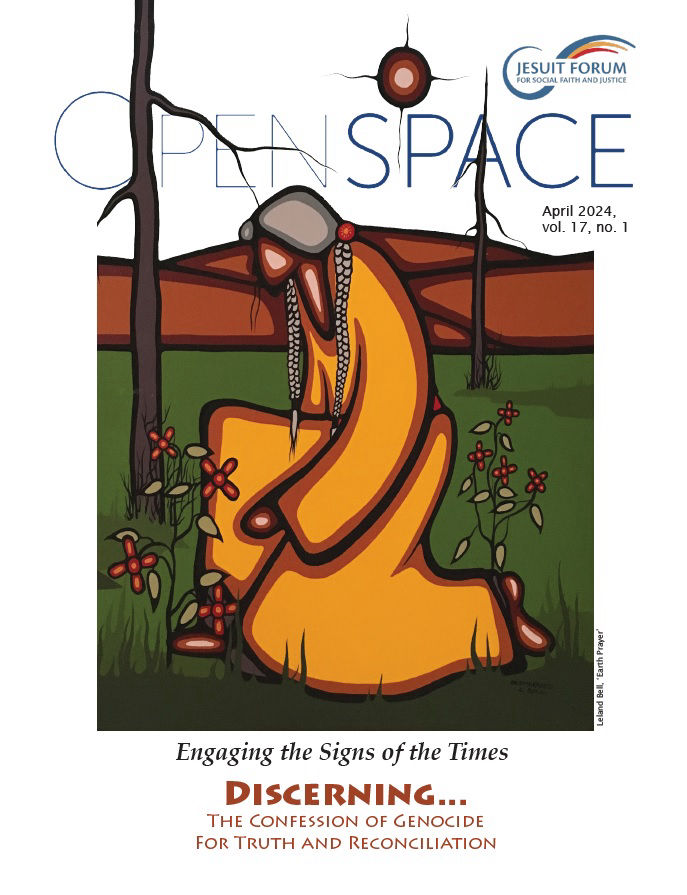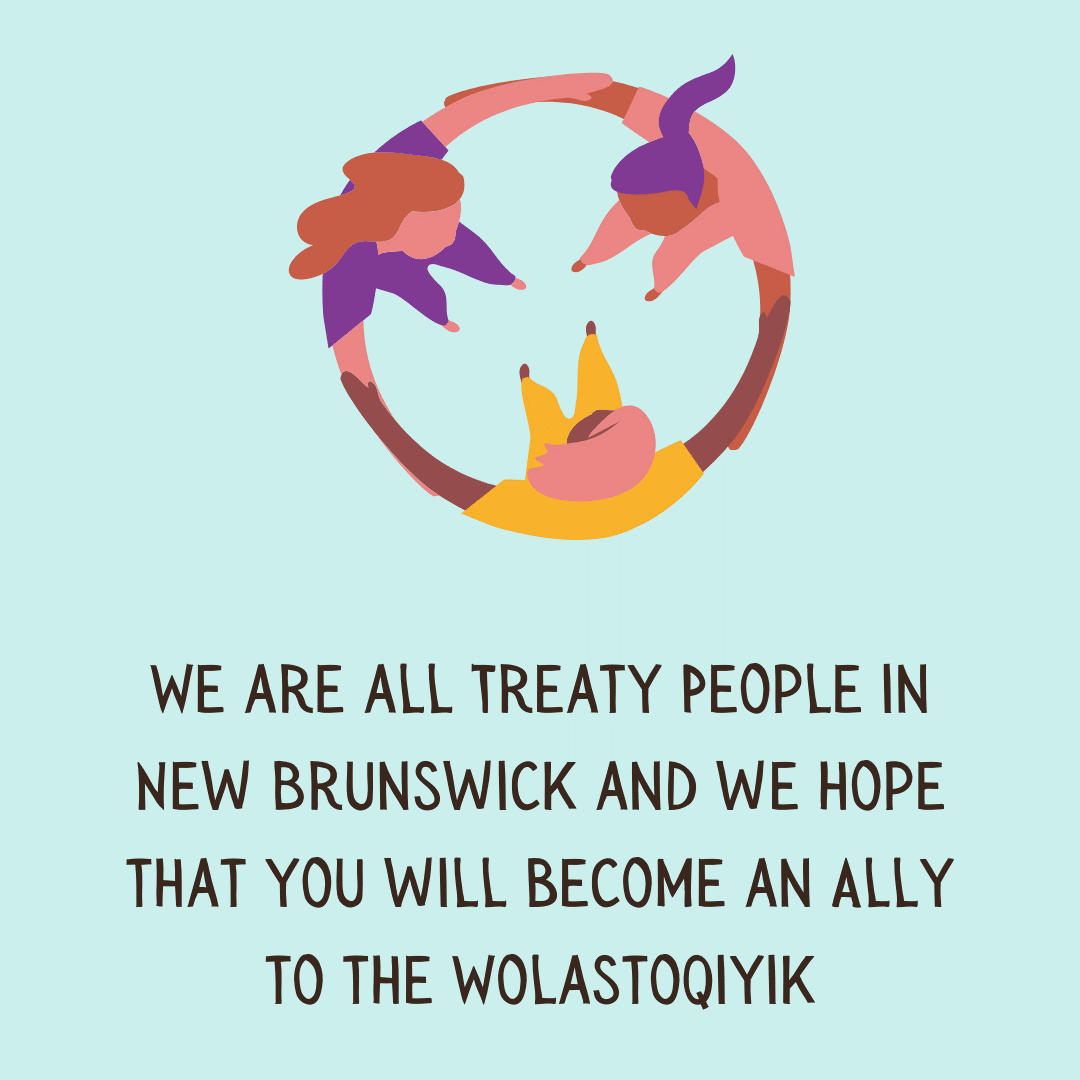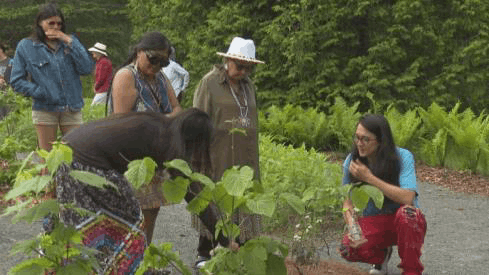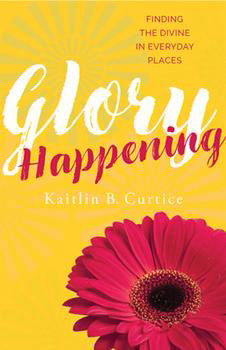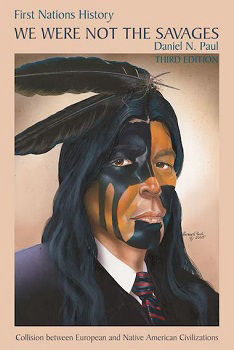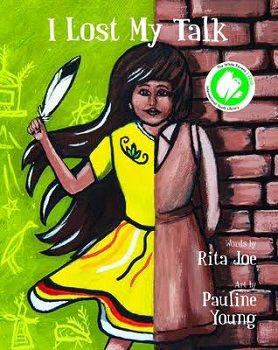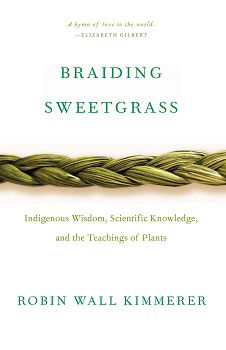Wabanaki Healing Garden
The entrance is situated in the Fredericton Botanic Garden (Prospect Street entrance). The Healing Garden is the brainchild of Cecelia Brooks, a Knowledge Keeper from St. Mary’s First Nation, and her son, Anthony Brooks. "One of the things that Anthony and I talked about was the reconciliation process here in Canada, and that we truly believe that it's the grassroots people that will initiate that and carry that," said Cecelia Brooks. “Since time immemorial the Wabanaki People have lived in gratitude and nurtured reciprocity with plants and all other beings on this earth we know to be our mother. Sharing this harmonious approach to life and living beings is reflected in the Wabanaki worldview through our ancient languages, culture, dance, and song. The garden is an expression of our love and hope for the healing and nurturing of the earth and all her people.” For more information on the Healing Garden and guided tours click on the following link: https://www.wabanakitreespirit.ca
